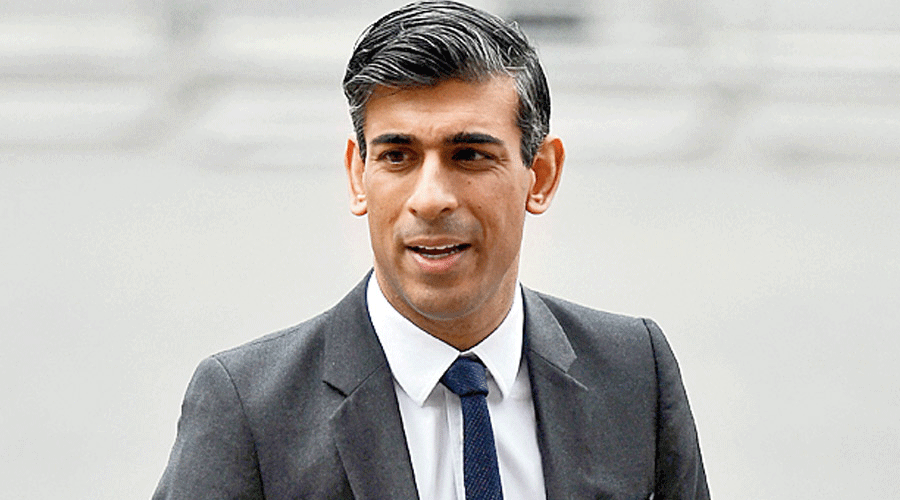Up to half a million British teachers, civil servants, and train drivers walked out over pay in the largest coordinated strike action for a decade on Wednesday, with unions threatening more disruption as the government digs its heels in over pay demands.
The mass walkouts across the country shut schools, halted most rail services, and forced the military to be put on standby to help with border checks on a day dubbed “Walk Out Wednesday” by the unions.
According to the unions, as many as 300,000 teachers are expected to be on strike, the biggest group involved, as part of wider action by 500,000 people, the highest number since 2011, when civil servants walked out en masse.
The PCS Union, representing about 100,000 striking civil servants from more than 120 government departments, warned Prime Minister Rishi Sunak’s government that further co-ordinated action was inevitable.
“If the government doesn’t do something about it, I think we will see more days like today with more and more unions joining in,” PCS general secretary Mark Serwotka told Reuters.
“We need money now,” he added.
With inflation running at more than 10 per cent — the highest level in four decades— Britain has seen a wave of strikes in recent months across the public and private sectors, including health and transport workers, Amazon warehouse employees and Royal Mail postal staff.
Education minister Gillian Keegan said the government would not budge, and that giving in to demands for large wage increases would only fuel inflation. “What we cannot do is give inflation-busting pay rises to one part of the workforce and make inflation worse for everybody. That’s not an economically sensible thing to do,” she told the BBC.










